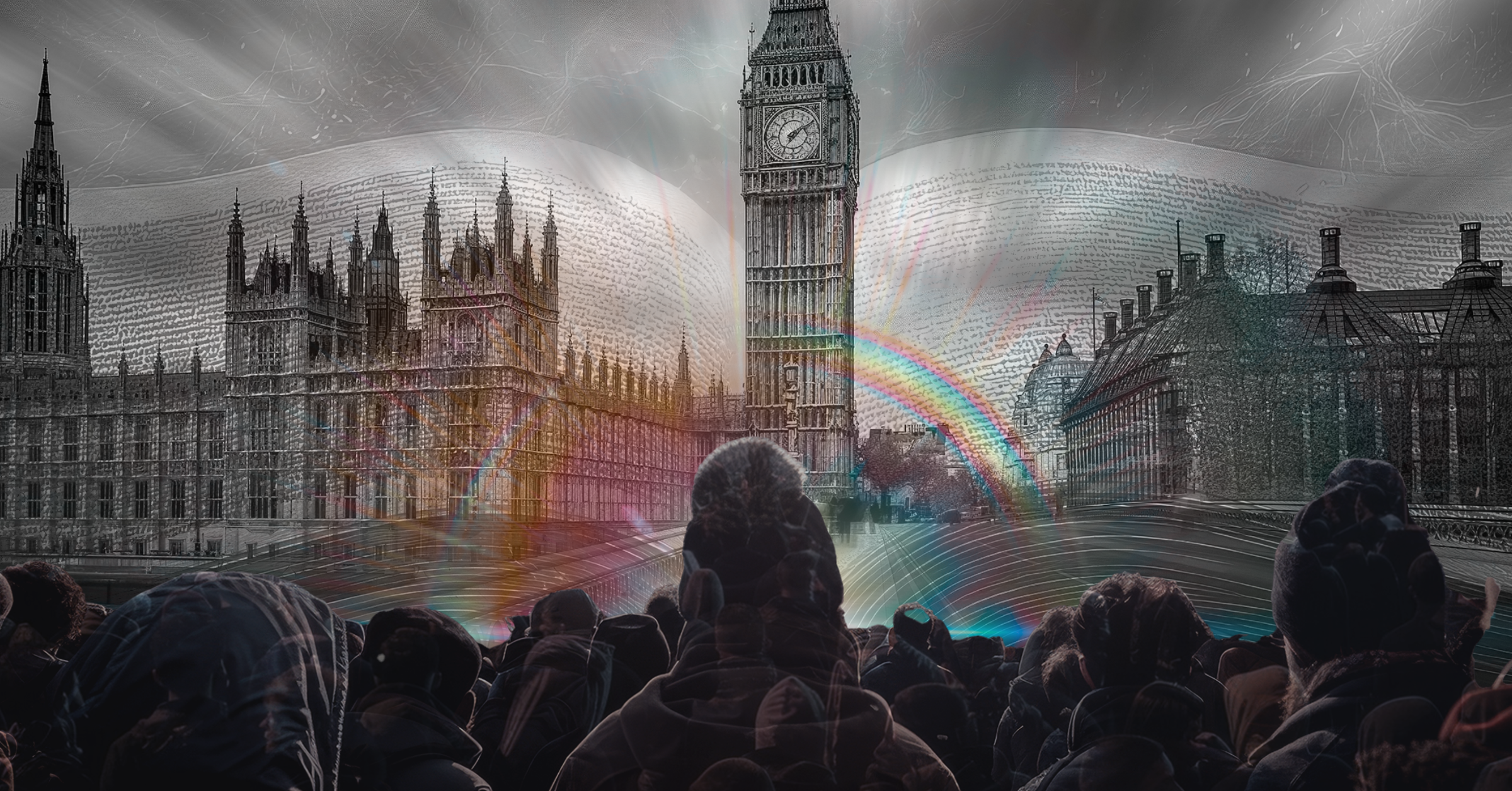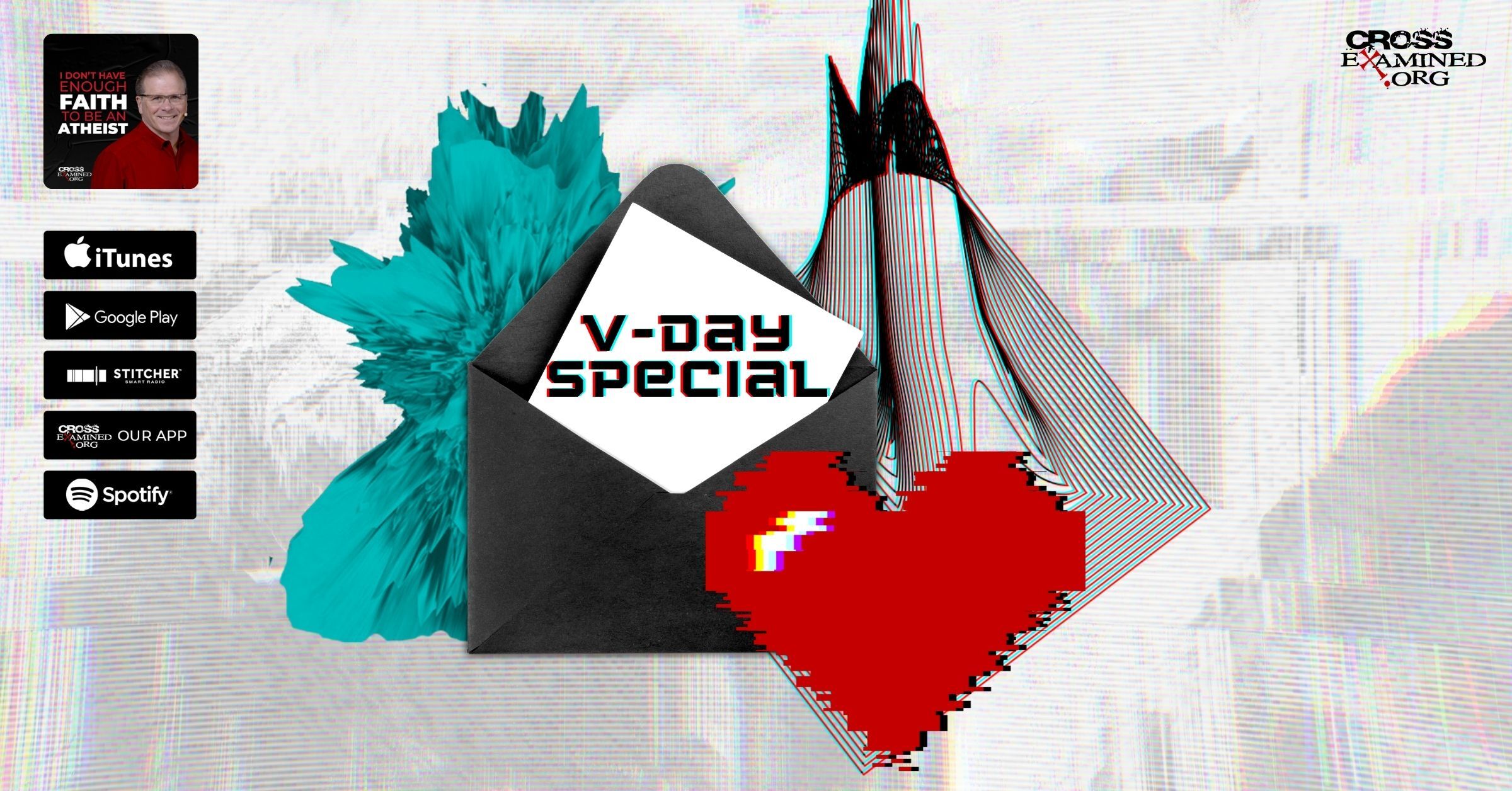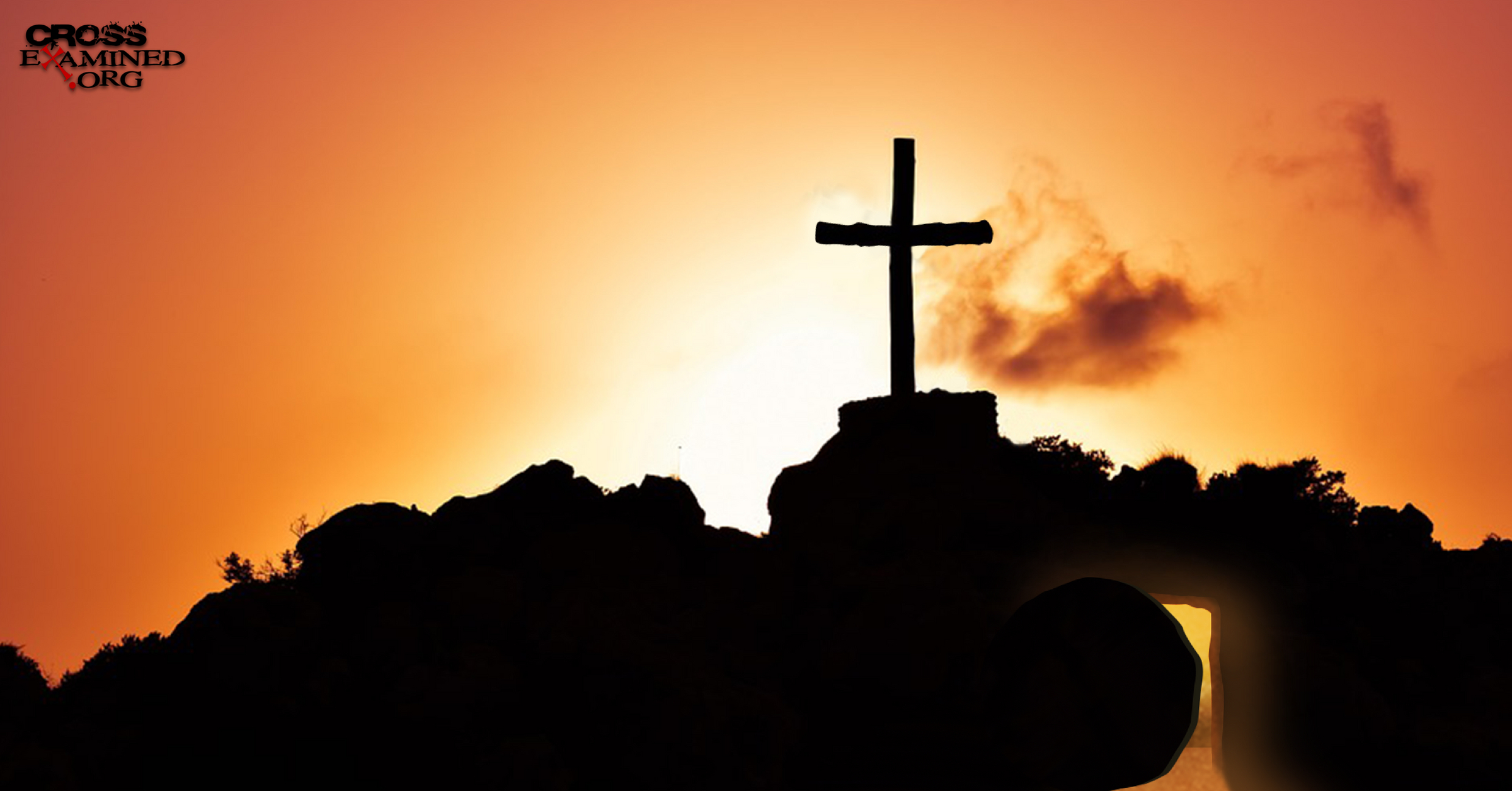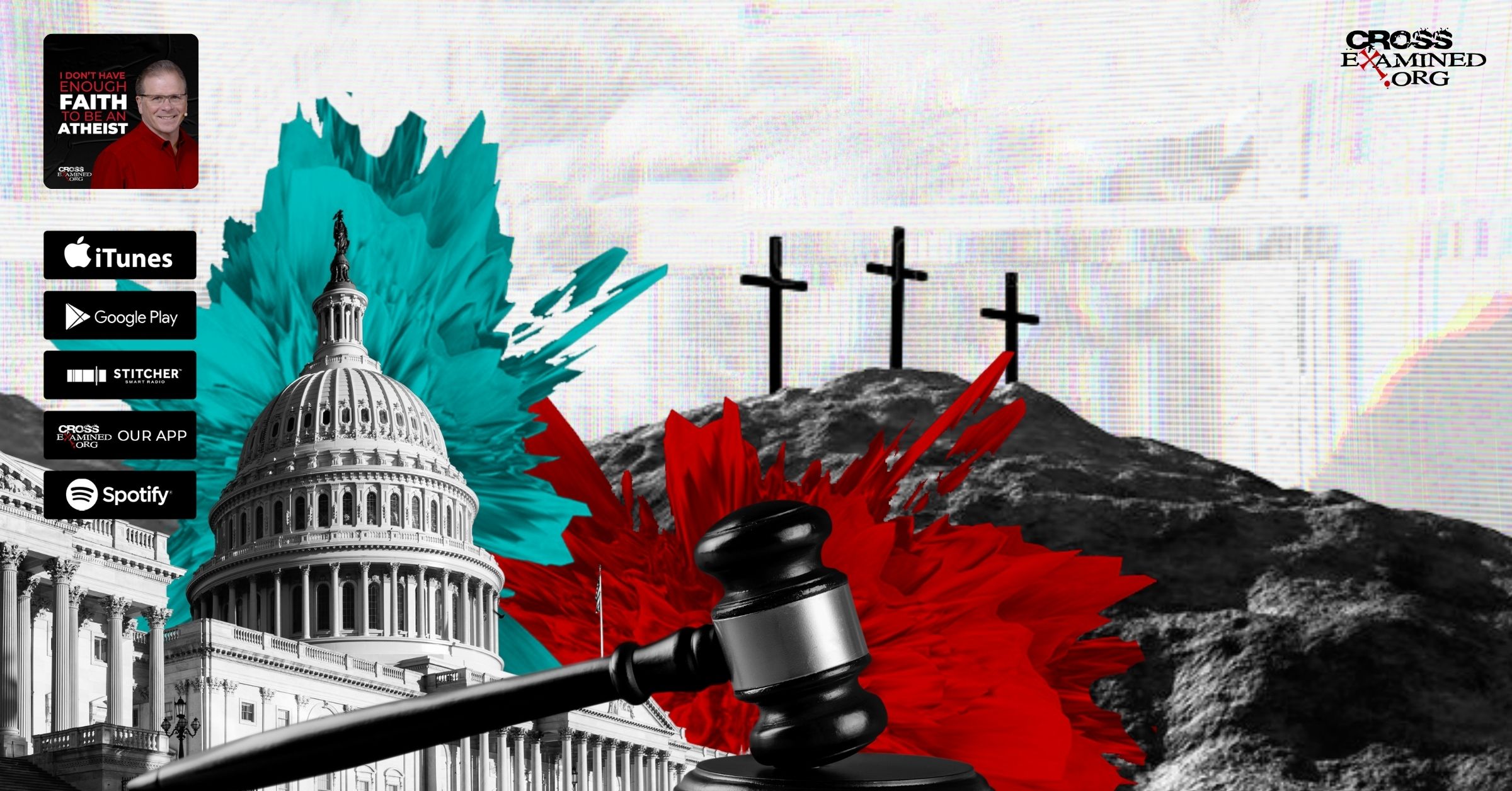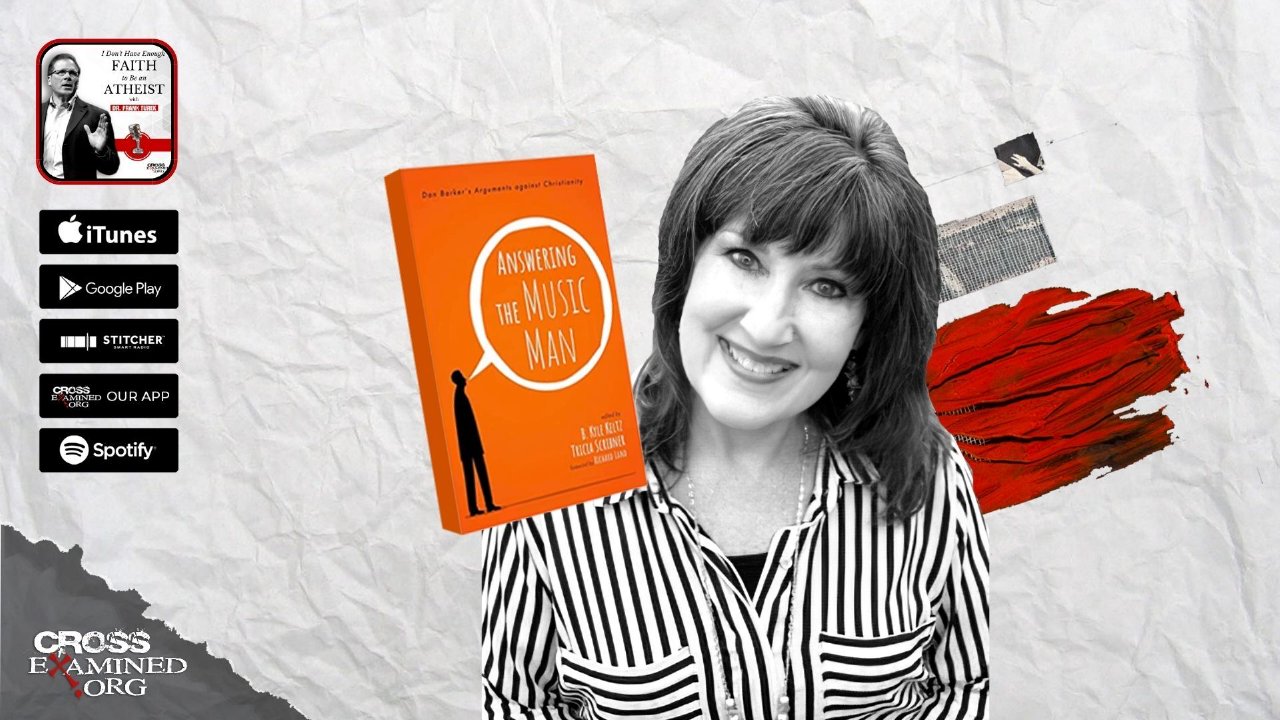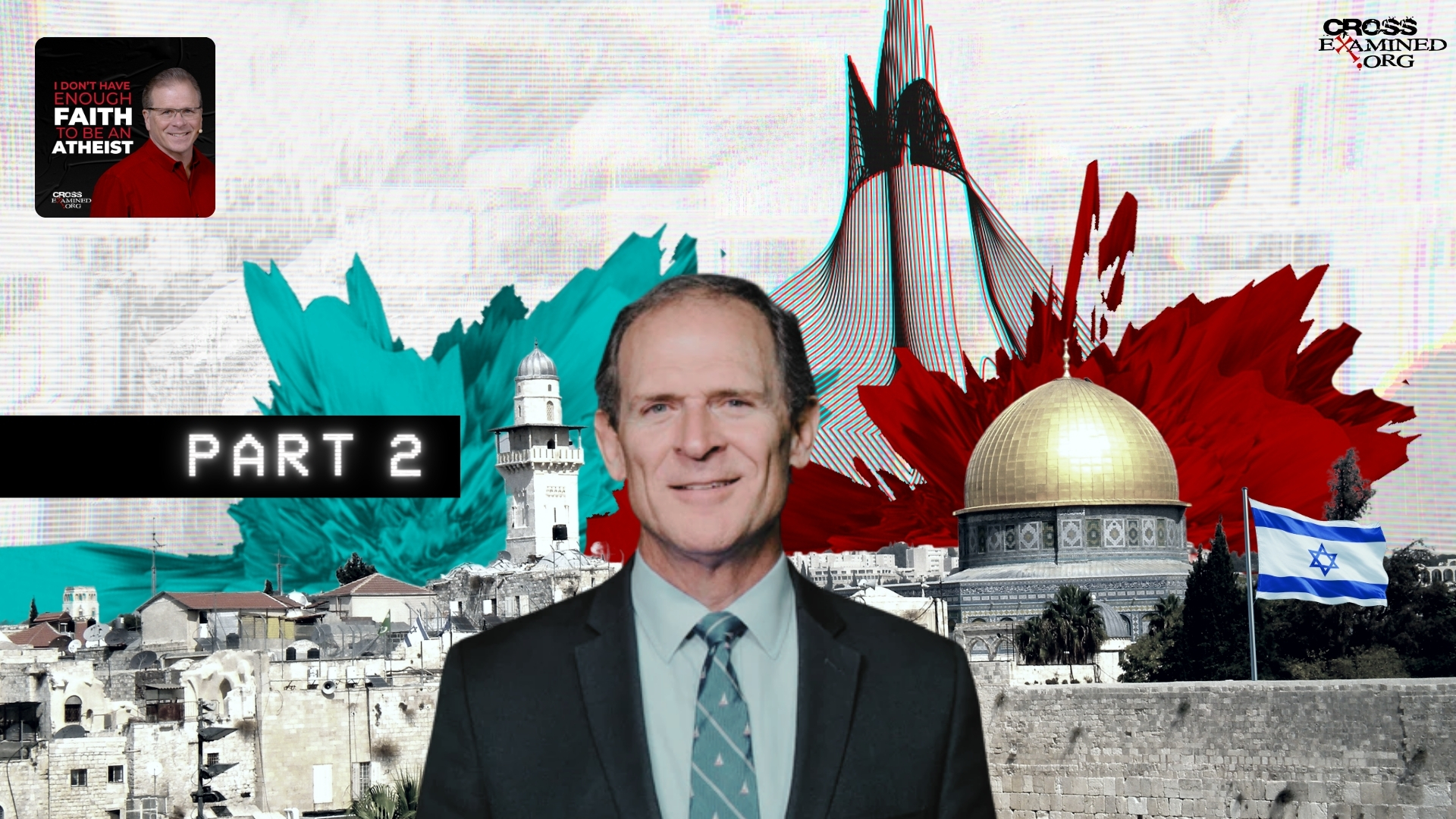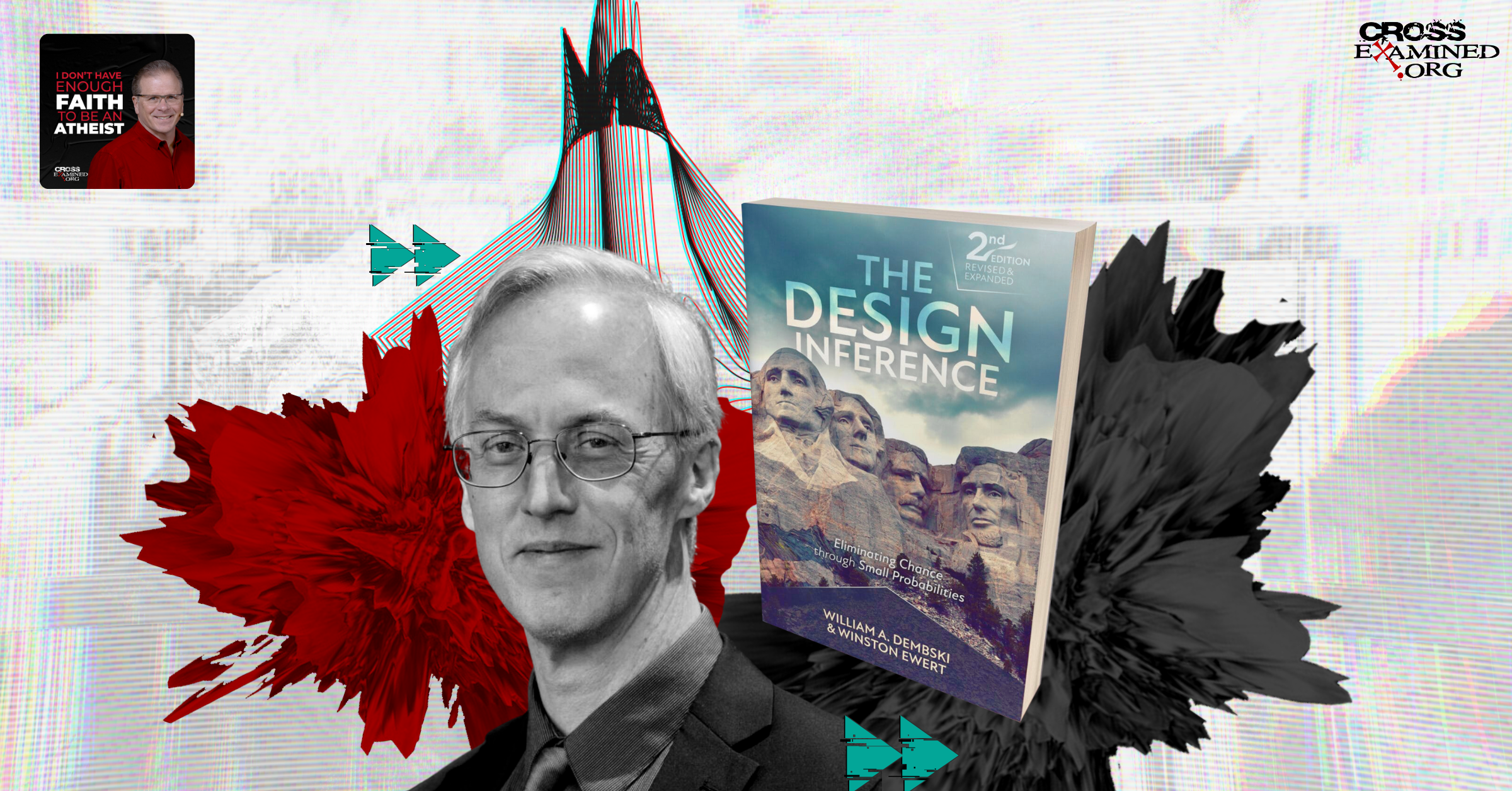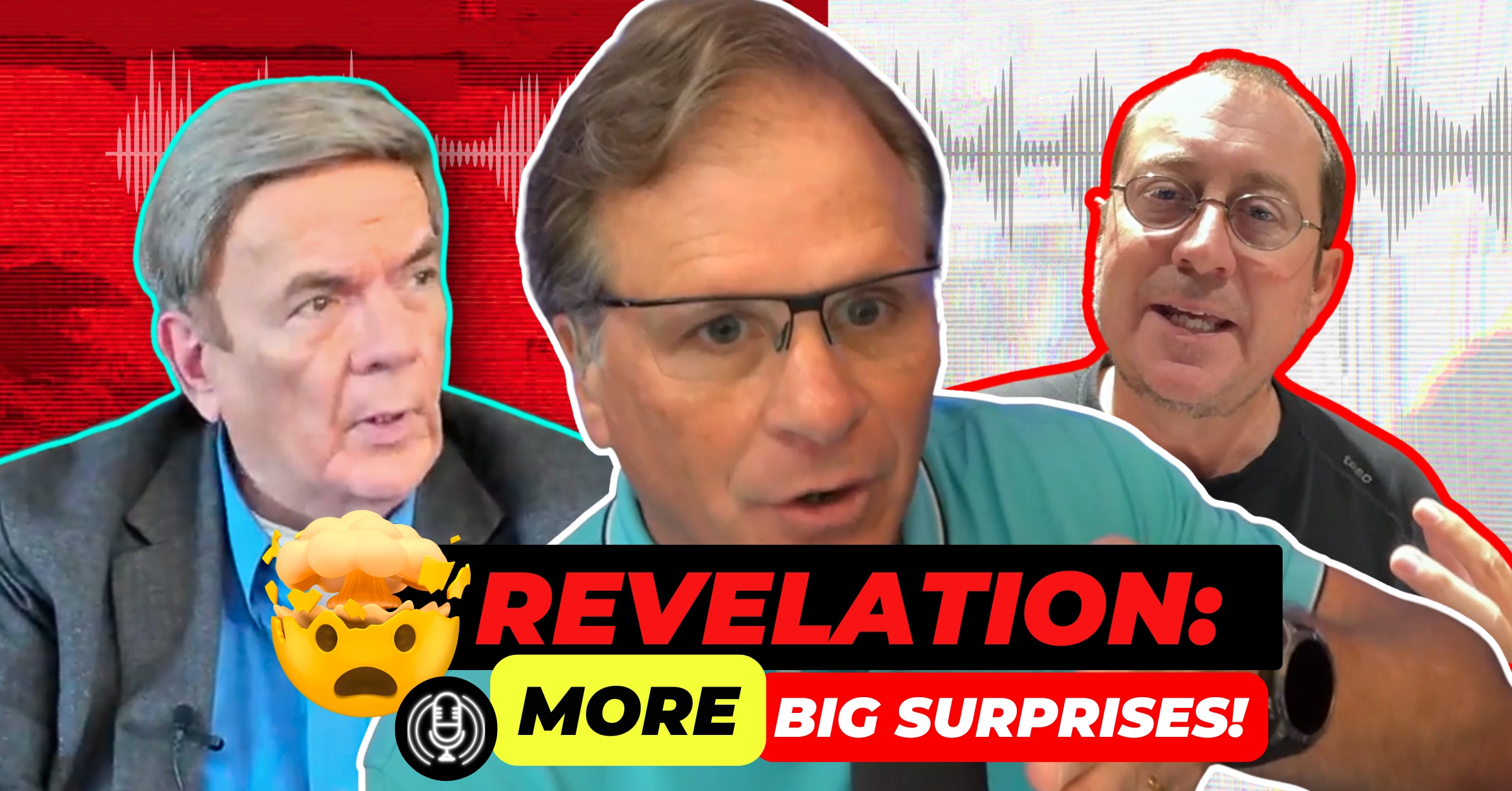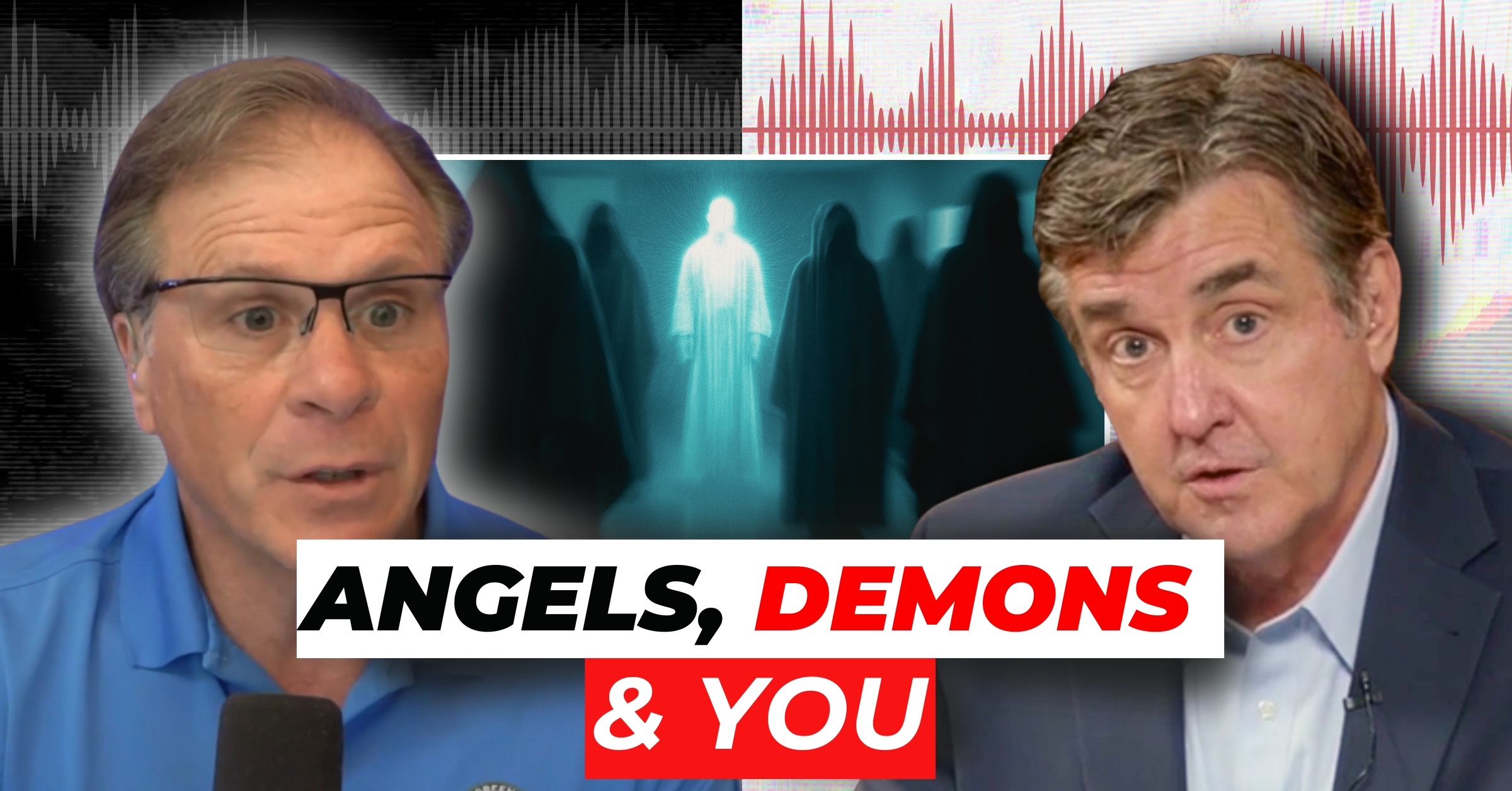The Day the Veil Was Torn: An Evangelical’s Awakening in London
I spent years studying Shia Islam from within, earning an MA in Islamic Studies from the Islamic College in London. My goal was to understand Islam on its terms, not merely as an outsider, but as a serious student of its theology, history, and lived reality. This academic path wasn’t just about gaining knowledge; it was rooted in a deep desire to build bridges between Christians and Muslims through respectful dialogue. I believed that rigorous study, combined with empathy and grace, could overcome centuries of misunderstanding and mistrust. That belief shaped my posture in interfaith spaces for years. However, on October 7, 2023, I was confronted with a reality that no classroom or textbook had prepared me for. What I encountered in the streets of London that day shook the very foundation of what I thought I knew, not just about Islam, but about the spiritual dynamics at play in our world today.
The View from England
October 7th started like any other day in London. Still, it ended with a profound shift in my thinking, particularly in the assumptions I had carried for years about the nature of Islam, the effectiveness of interfaith dialogue, and the influence of Western democratic values on extremist ideologies, a spiritual awakening that has since reshaped how I view Islam, Western culture, and my calling. I didn’t know it at the time, but that day tore the veil of illusion I had long carried with me into interfaith spaces. I had come to London to meet with Muslim scholars and leaders, particularly Shia leaders, many of whom I had interacted with for years through respectful, even warm, dialogue. My posture had always been one of a bridge-building. I believed, perhaps too confidently, that the West had a civilizing influence on radical Islam. I thought civility and grace would overcome the deeply entrenched theological and political barriers that divide Christians and Muslims. But that illusion shattered before my eyes. The events of October 7, 2023, exposed a deeper current of rage than I wasn’t prepared for.
Just one day before Israel responded to Hamas’ brutal incursion, I found myself surrounded by rallies in London that openly celebrated terror. These were not fringe events tucked away in back alleys, but widespread public gatherings in prominent areas. I stood among people I had once hoped to partner with for dialogue, only to hear unfiltered hatred. The chants were not only political, but deeply theological and dehumanizing. The language was raw and venomous, filled with images of resistance that glorified bloodshed. It was not just rage against Israel, but rage against the Judeo-Christian worldview. In that moment, I realized I had misunderstood the nature of the battle. What I saw was not just a protest, but a spiritual and ideological war.
Over the following days, I had 18 Uber rides, most of which were with Muslim drivers. While these conversations were significant, I recognize they reflect the views of individuals and not all Muslims, and each one became an unexpected dialogue. I didn’t try to provoke conflict, but I did ask questions to gain a deeper understanding of what people believed. The responses I heard were jarring and consistent: Israel had no right to exist, Hamas was merely defending the oppressed, and Christianity was a colonial relic. Some told me that Islam would eventually triumph and bring justice to the world, replacing the confusion caused by the Bible and Western civilization. These weren’t isolated opinions, but widespread sentiments expressed confidently and without hesitation. I began to see that a militant ideology was not only alive but thriving. It wasn’t hidden in caves or confined to faraway regions. It was riding beside me through the streets of London, one ride at a time.
The View from the United States
When I returned to the United States, I expected to find some distance from the hostility I had witnessed overseas. But I returned to see the same rage manifesting in American streets and on our university campuses. At institutions such as Columbia University and Harvard, students and even some faculty were chanting slogans like “From the river to the sea,” openly siding with Hamas and calling for a third intifada. These were not isolated incidents, but coordinated events that reflected a larger ideological alignment. The same dehumanizing rhetoric I had heard in London was now being echoed on American soil. It was cloaked in the language of justice and liberation, but rooted in ancient hatreds. I realized the West is no longer just observing this battle from afar. It is becoming a participant, and the church can no longer afford to remain unaware.
In response, I knew I needed to go deeper intellectually, not just emotionally or spiritually. I began attending educational programs and seminars focused on antisemitism, both to understand what I had encountered and to equip myself more thoroughly. Two organizations in particular became central in this journey. First, I connected with Indiana University’s Institute for the Study of Contemporary Antisemitism, a respected academic center that conducts rigorous research on modern forms of antisemitism. Second, I engaged with ISGAP, the Institute for the Study of Global Antisemitism and Policy, which addresses antisemitism as a global phenomenon and provides tools for confronting it at both scholarly and policy levels. These were not just academic spaces—they were communities where I found solidarity, wisdom, and clarity. I also developed friendships with others who had been grappling with these realities for years.
One year later, I had the opportunity to present my research on Islamic antisemitism at the annual conference for the Association for the Study of the Middle East and Africa. ASMEA is a scholarly organization dedicated to promoting high-quality, nonpartisan research on the Middle East and Africa. My paper drew on years of study but was sharpened by my experiences in London and beyond. I explored how classical Islamic texts, historical narratives, and political ideologies contribute to persistent antisemitic attitudes within the Muslim world. I argued that while colonialism and nationalism play roles, the theological foundations must be confronted if lasting change is to occur. The response to my presentation was deeply encouraging as several scholars approached me afterward to commend the clarity and boldness of the analysis, and a few even expressed interest in collaborative projects. It was clear that my contribution resonated with many who had been quietly wrestling with similar concerns. That moment reminded me that this research is no longer abstract. It is now central to my calling and mission.
A Call to the Church
I left London with a heavy heart but a sharper mind. I had been naive in thinking that love alone could overcome centuries of deeply rooted theology and political grievance. What I witnessed was not merely a political protest; it was a spiritual and ideological war. This does not mean dialogue is useless, but it does mean we must understand the spiritual powers at work behind the slogans and marches. If Christians fail to recognize evil for what it is and reduce it to mere social grievance, we will continue to be blindsided. October 7 was my wake-up call. It showed me that our mission is not to tame Islam or conform to culture, but to proclaim Christ; and not to win arguments, but to stand firmly in the truth of the gospel.
Since that day, I have adopted a more presuppositional approach, meaning I begin with the assumption that the Bible is true and use that framework to interpret and challenge opposing worldviews to ministry, one that rests not just on reason and civility, but on the unshakable foundation of God’s Word. I still believe in respectful conversation, in common grace, and in the power of relationship. But I no longer underestimate the power of deeply held beliefs that stand in direct opposition to the gospel. The church must become more theologically grounded and aware of how antisemitism disguises itself in new forms—whether Islamic, progressive, or even within compromised Christian circles. We must speak clearly, love deeply, and engage boldly. The days of assuming we are insulated from this hatred are over. My prayer is that others will not need their own October 7 experience to wake up.
Recommended Resources:
Answering Islam by Dr. Frank Turek (DVD Set, Mp4 and Mp3)
Legislating Morality: Is it Wise? Is it Legal? Is it Possible? by Frank Turek (Book, DVD, Mp3, Mp4, PowerPoint download, PowerPoint CD)
Jesus vs. The Culture by Dr. Frank Turek DVD, Mp4 Download, and Mp3
Reflecting Jesus into a Dark World by Dr. Frank Turek – DVD Complete Series, Video mp4 DOWNLOAD Complete Series, and mp3 audio DOWNLOAD Complete Series
Tim Orr serves full-time with the Crescent Project as the Assistant Director of the Internship Program and Area Coordinator, where he is also deeply involved in outreach across the UK. A scholar of Islam, Evangelical minister, conference speaker, and interfaith consultant, Tim brings over 30 years of experience in cross-cultural ministry. He holds six academic degrees, including a Doctor of Ministry from Liberty University and a Master’s in Islamic Studies from the Islamic College in London. In September, he will begin a PhD in Religious Studies at Hartford International University.
Tim has served as a research associate with the Congregations and Polarization Project at the Center for the Study of Religion and American Culture at Indiana University Indianapolis, and for two years, he was also a research assistant on the COVID-19 study led by Hartford International University. His research interests include Islamic antisemitism, American Evangelicalism, Shia Islam, and gospel-centered ministry to Muslims.
He has spoken at leading universities and mosques throughout the UK, including Oxford University, Imperial College London, and the University of Tehran. His work has been published in peer-reviewed Islamic academic journals, and he is the author of four books. His fifth book, The Apostle Paul: A Model for Engaging Islam, is forthcoming.

